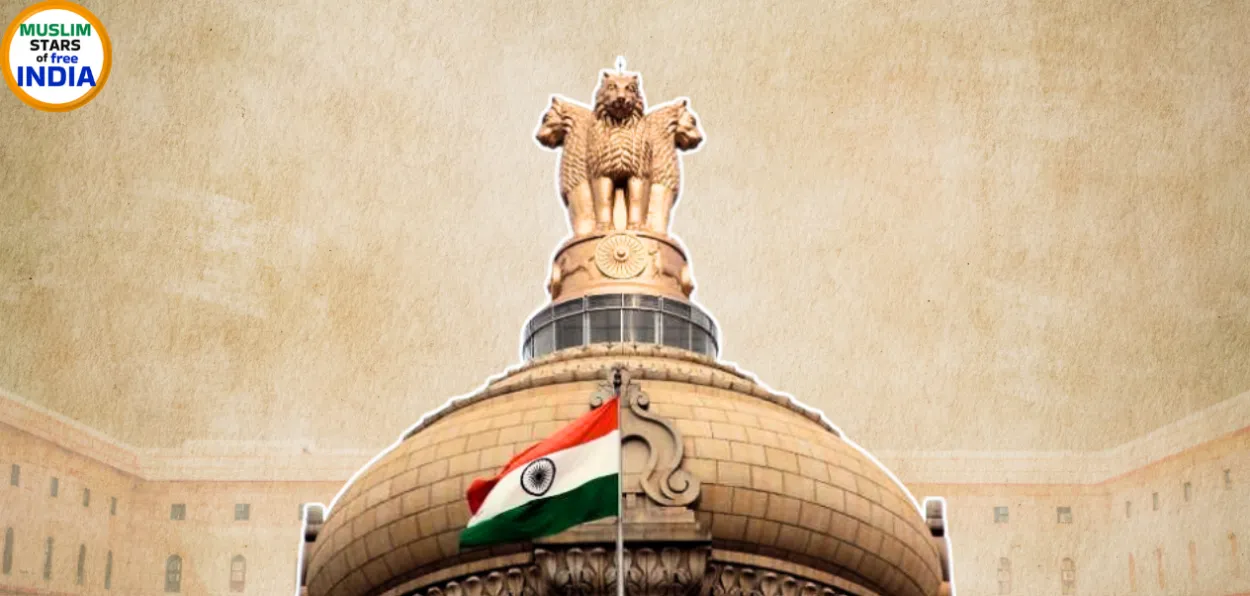
New Delhi
After Independence, administrators have played an invaluable role in the country's progress. Every year approximately three to five percent of the candidates selected in the UPSC competitive examination are Muslims. Here is the list of 10 eminent Muslim bureaucrats of India:
Syed Akbaruddin
Syed Akbaruddin is 1985 batch Indian Foreign Service Officer whose tenure as India Permanent Representative to the United Nations in New York from January 2016 to April 2020, was memorable even for a common India. He played a key role in getting Pakistani terrorist of Jaish-e-Muhammad Masood Azhar declared a global terrorist by the United Nations general Assembly. He strengthened India's leadership role on the issue of climate change, such as the establishment of 'Gandhi Solar Park'.
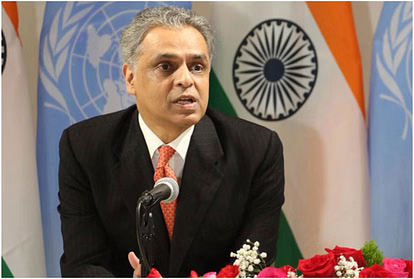 Syed Akbaruddin at the UN headquarters, New York
Syed Akbaruddin at the UN headquarters, New York
Akbaruddin also popular while being the Official Spokesperson of India's Ministry of External Affairs (2012–2015), where he was widely appreciated for his communication skills. He also played an important role as India's representative to the IAEA in Vienna. Since his retirement, he has been serving as the Dean at the Kautilya School of Public Policy, Hyderabad.
Dr. S. Y. Quraishi
Former Chief Election Commissioner of India, a veteran of Administrative Service, played an important role in making the Indian democracy strong and transparent. He is a 1971 batch IAS officer of Haryana cadre and served as the 17th Chief Election Commissioner of India from 30 July 2010 to 10 June 2012. He was the first Muslim officer in India to hold this post.
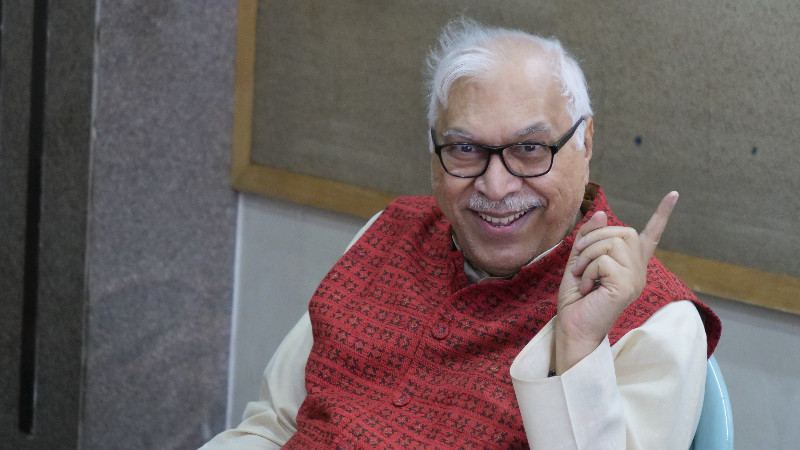 Dr. S. Y. Quraishi
Dr. S. Y. Quraishi
Dr. Quraishi has also served as the Secretary of the Ministry of Youth Affairs and Sports and the Director General of the National AIDS Control Organization (NACO). The "Universities Talk AIDS" campaign led by him was India's largest HIV/AIDS awareness program.
He is author of 'An Undocumented Wonder: The Making of the Great Indian Election', andThe Population Myth andOld Delhi – Living Traditions. He has also edited 'The Great March of Democracy'.
Dr. Quraishi was a member of the International IDEA Board from 2012 to 2021. Today he serves as an honorary professor at the Cluster Innovation Centre of Delhi University. He was on the 'Indian Express' list of 100 most influential Indians of 2010-11.
Najeeb Jung
Najeeb Jung IAS officer of 1973 batch and Madhya Pradesh cadre has contributed to policymaking in sectors like energy and education. He held several important positions including the Ministry of Steel, Ministry of Petroleum and Natural Gas, and RBI. He retired voluntarily from service in 1999 and worked as an energy expert at the Asian Development Bank and the Oxford Institute for Energy Studies.
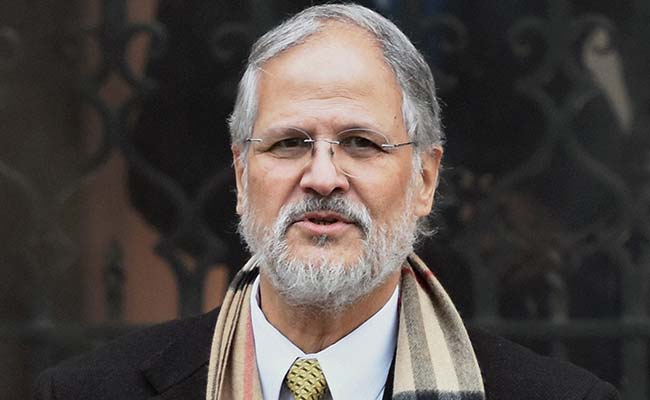
Najeeb Jung
He was the Vice Chancellor of Jamia Millia Islamia from 2009 to 2013 and Lieutenant Governor of Delhi from 2013 to 2016. He wrote many reports on education reform, social justice and energy policy.
Javed Osmani
Javed Usmani is a visionary officer of the 1978 batch of the Civil Services (IAS) of Uttar Pradesh cadre. In his four-decade long career, he held several top positions in the state and the Center. He is known as an honest, efficient and principled bureaucrat with focus on policy reforms and public interest works.
.avif)
Javed Osmani
Usmani, Harvard alumni, served in the Ministry of Commerce, Planning Commission and World Bank. In Uttar Pradesh, he rose to the position of the Principal Secretary to the Chief Minister. During his tenure as CS, he gave thrust on e-governance, transparency and effective monitoring of schemes. After retirement, he has been associated with public life through policy discussions and writing.
Dr. Syed Zafar Mahmood
Syed Zafar Mahmood is a distinguished former Indian civil service officer and social reformer. He holds a PhD degree from Aligarh Muslim University.
While posted in the Prime Minister’s Office, he served as Officer on Special Duty in the Prime Minister's High Level Committee for Muslims (later popularly known as Sachar Committee). The report presented a report on the social, economic and educational status of the Muslim community in the country. He also served in the Income Tax Department.
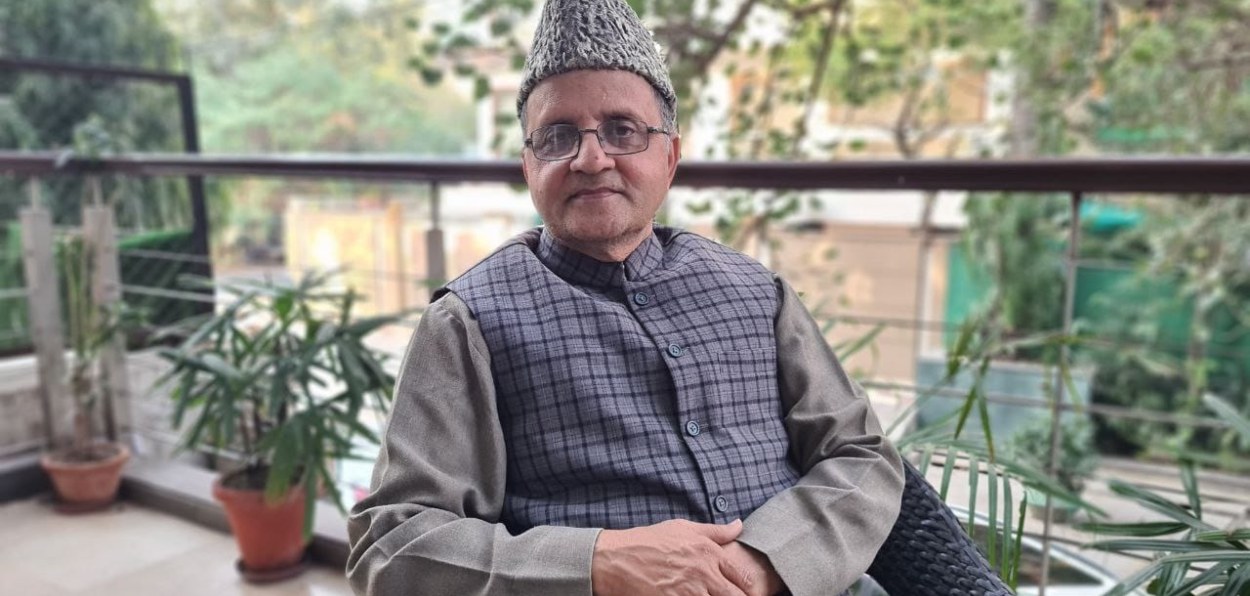
Dr. Syed Zafar Mahmood
He set up the Zakat Foundation of India (ZFI) in 1997, which has done commendable work in the field of education, health and rehabilitation for orphans, widows and the underprivileged. Through platforms like Interfaith Coalition for Peace and God’s Grace Group of Educational Institutions, he has pioneered interfaith dialogue and educational empowerment.
Dr. Mahmood has been a powerful advocate for inclusion and minority rights in India at Harvard, London and other global forums.
Salman Haider
Salman Haider is former Indian diplomat who presented India's foreign policy strongly at global forums. He was India’s Foreign Secretary from 1 March 1995 to 30 June 1997 – the Muslim Muslim to hold the position. Later, he served as India's High Commissioner to the United Kingdom.
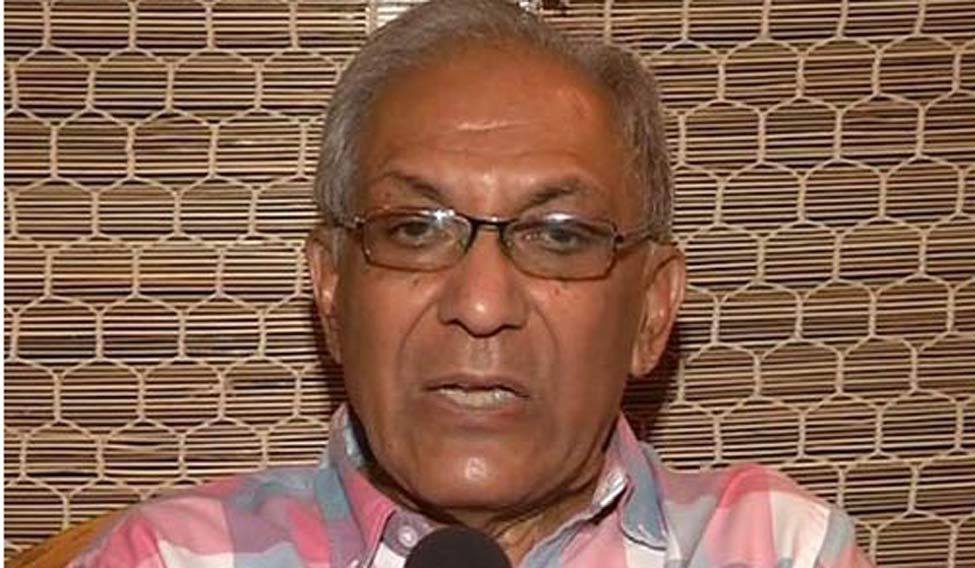
Salman Haider
During his diplomatic tenure, he also served as India's Ambassador to China and as India's Deputy Permanent Representative to the United Nations in New York. In the Ministry of External Affairs, New Delhi, he held important positions such as Secretary East, Spokesperson, and Chief Protocol Officer.
He is married to Kusum Haider, a noted theatre artist and film actor.
Dr. Ausaf Saeed
Dr. Ausaf Saeed, a senior Indian Foreign Service (IFS) officer of the 1989 batch, has handled assignment related to cultural diplomacy and other foreign policy in his diplomatic career spanning over three decades. Secretary (Consular, Passport, Visa and Overseas Indian Affairs) in the Ministry of External Affairs As ambassador, he took several historic initiatives at the policy level.
Dr. Ausaf Saeed
During his tenure in Saudi Arabia, the 'Strategic Partnership Council' was established in 2019, giving a new direction to India-Saudi cooperation. It was during his tenure as Indian ambassador, that Yoga was officially recognized. He also chaired the Indo-Saudi Business Network, United the overseas Indians by establishing platforms like Medical Forum and Friendship Society. He played an important role in the safe return of migrants during COVID-19.
Dr. Saeed is a prolific writer, lover of Urdu literature and cultural thinker. He also preserved the literary heritage of his father Awaaz Saeed'.
Talmeez Ahmed
Talmiz Ahmed, a 1974 batch Indian Foreign Service (IFS) officer, is considered an expert on West Asia. In his four decade long diplomatic career, he has helped push India’s foreign policy goals. After initial postings in Kuwait, Iraq and Yemen, he was Consul General in Jeddah (1987-90). Apart from this, he also played an important role in Indian missions in New York, London and Pretoria.
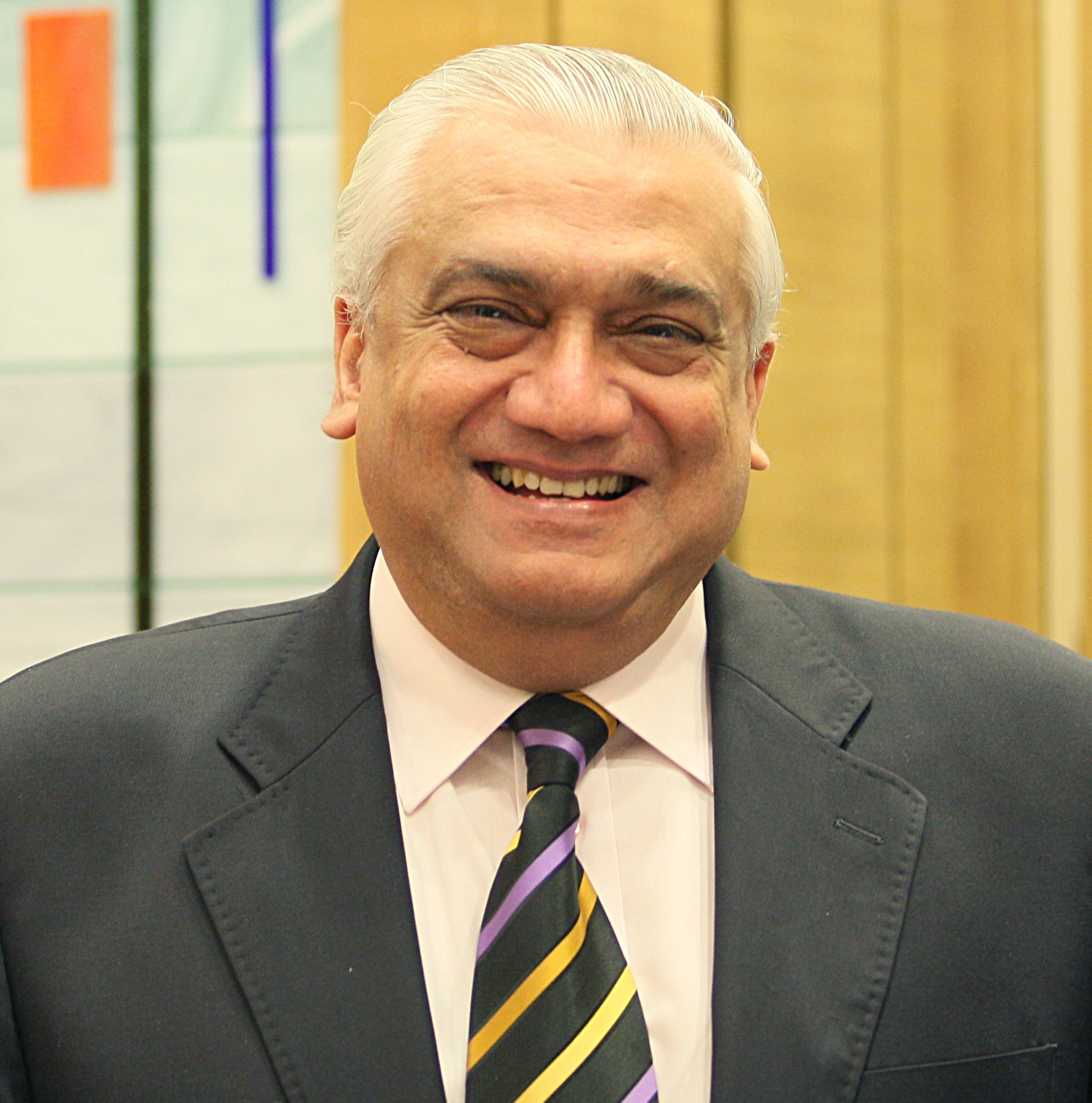
Ambassador Talmeez Ahmed
He served as India’s Ambassador to Saudi Arabia (twice), Oman, and the United Arab Emirates. As Head of Gulf and Haj Division in the Ministry of External Affairs (1998–2000), Additional Secretary in the Ministry of Petroleum (2004–06) and Director General of ICWA (2006–07), he rendered great service to the country. The Saudi Government awarded him 'King Abdul Aziz Medal First Class' in 2011. After retirement he turns to teaching and holds the 'Ram Sathe Chair' at Symbiosis International University, Pune. He has authored four books and is rated as a leading analyst of West Asian affairs.
Aamir Subhani
Aamir Subhani, a retired Indian Administrative Service (IAS) officer of 1987 batch, is considered an eminent pillar of the administrative system of Bihar. He topped the UPSC Civil Services Examination 1987 and joined the Bihar cadre. He served in several positions in the state and was appointed as the Chief Secretary of Bihar in 2002. He became the first Muslim to reach the top administrative position in the state.
.jpg)
Aamir Subhani
He is the Chairman of Bihar Electricity Regulatory Commission. Subhani, who comes from Bahuara village of Siwan, had resolved to become an IAS in his childhood by getting education from government schools.
Wajahat Habibullah
Wajahta Habibullah is a former Chief Information Commissioner of India and a 1968 batch Indian Administrative Service (IAS) officer. He served as Secretary in the Ministry of Panchayati Raj, Ministry of Textiles and Department of Consumer Affairs of the Government of India. During 1991-93, he was the Divisional Commissioner of Kashmir Division, where he showed courageous leadership during the peak of terrorism.
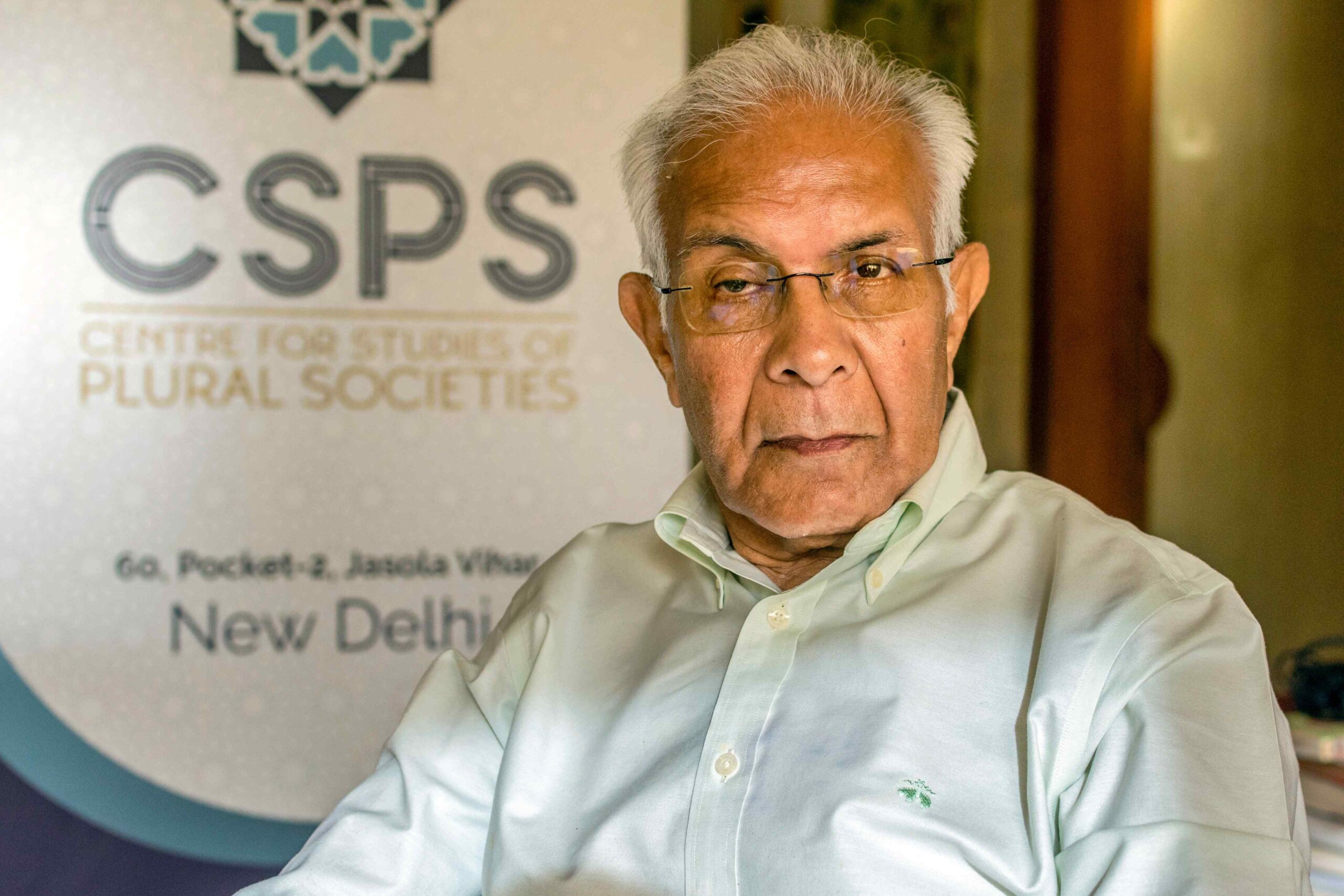
Wajahat Habibullah
ALSO READ: 10 Muslim jurists, legal luminaries who shaped India as a nation
Habibullah is a recipient of the Gold Medal for Distinguished Service (1996) from the Governor of Jammu and Kashmir and the Rajiv Gandhi Award for Excellence in Secularism (1994). In July 2010, he was appointed a member of the Information Appeal Board of the World Bank. Wajahat Habibullah was also the chairman of the National Minority Commission. He has authored Kashmir 1947', Siege: Hazratbal, Kashmir 1993' and 'Mera Kashmir-Struggle'.
